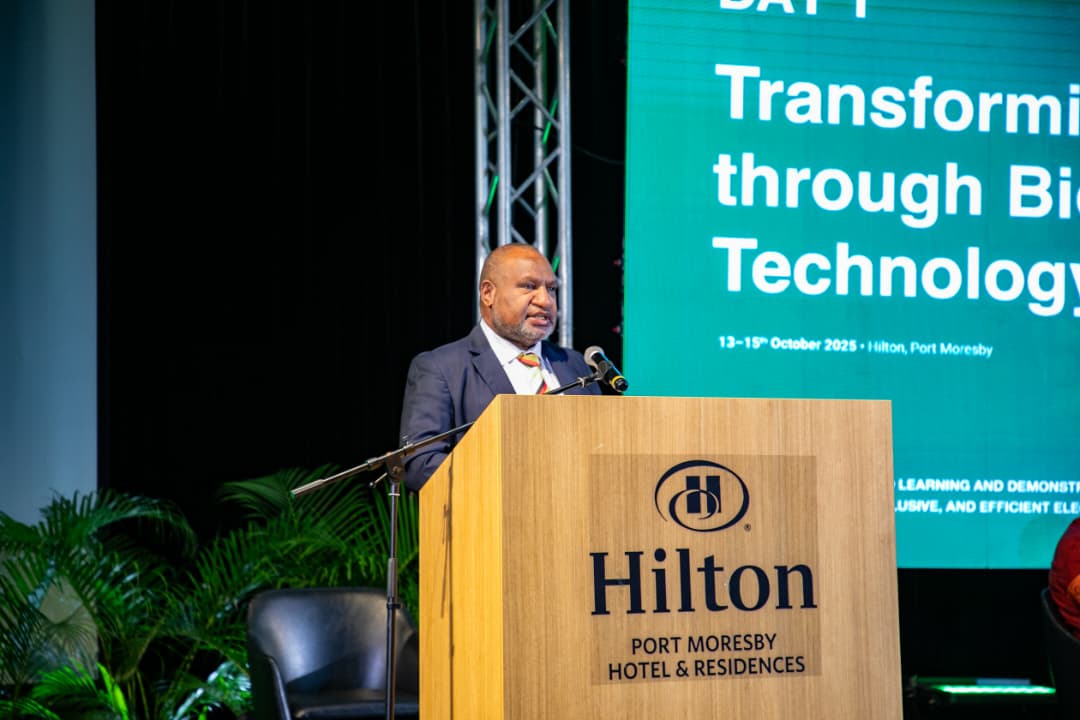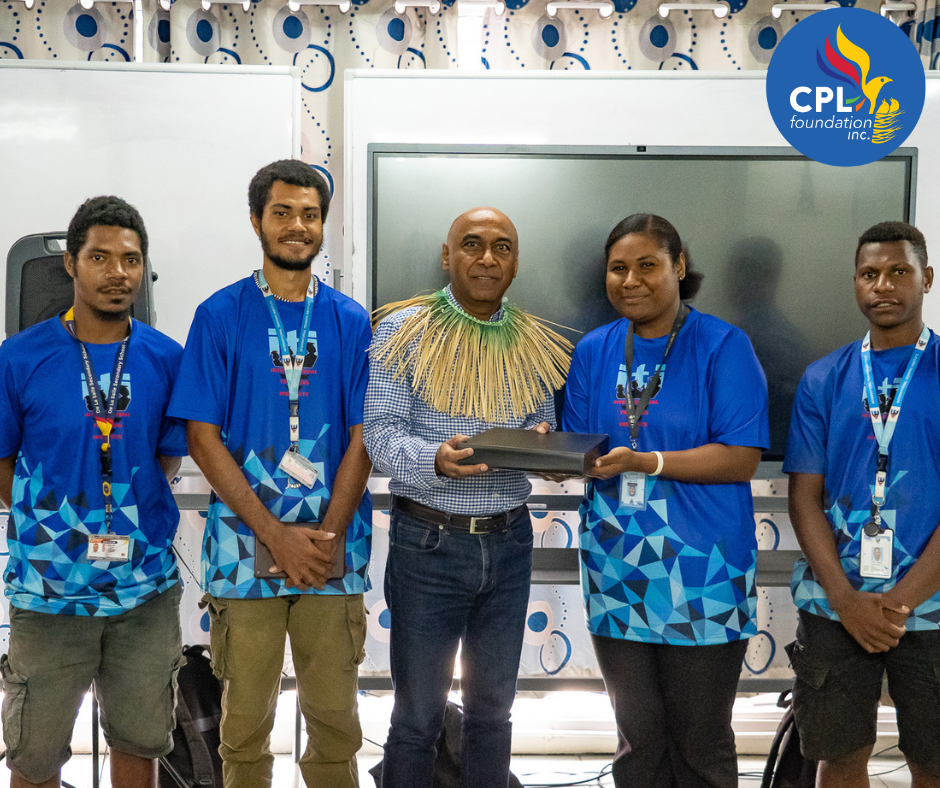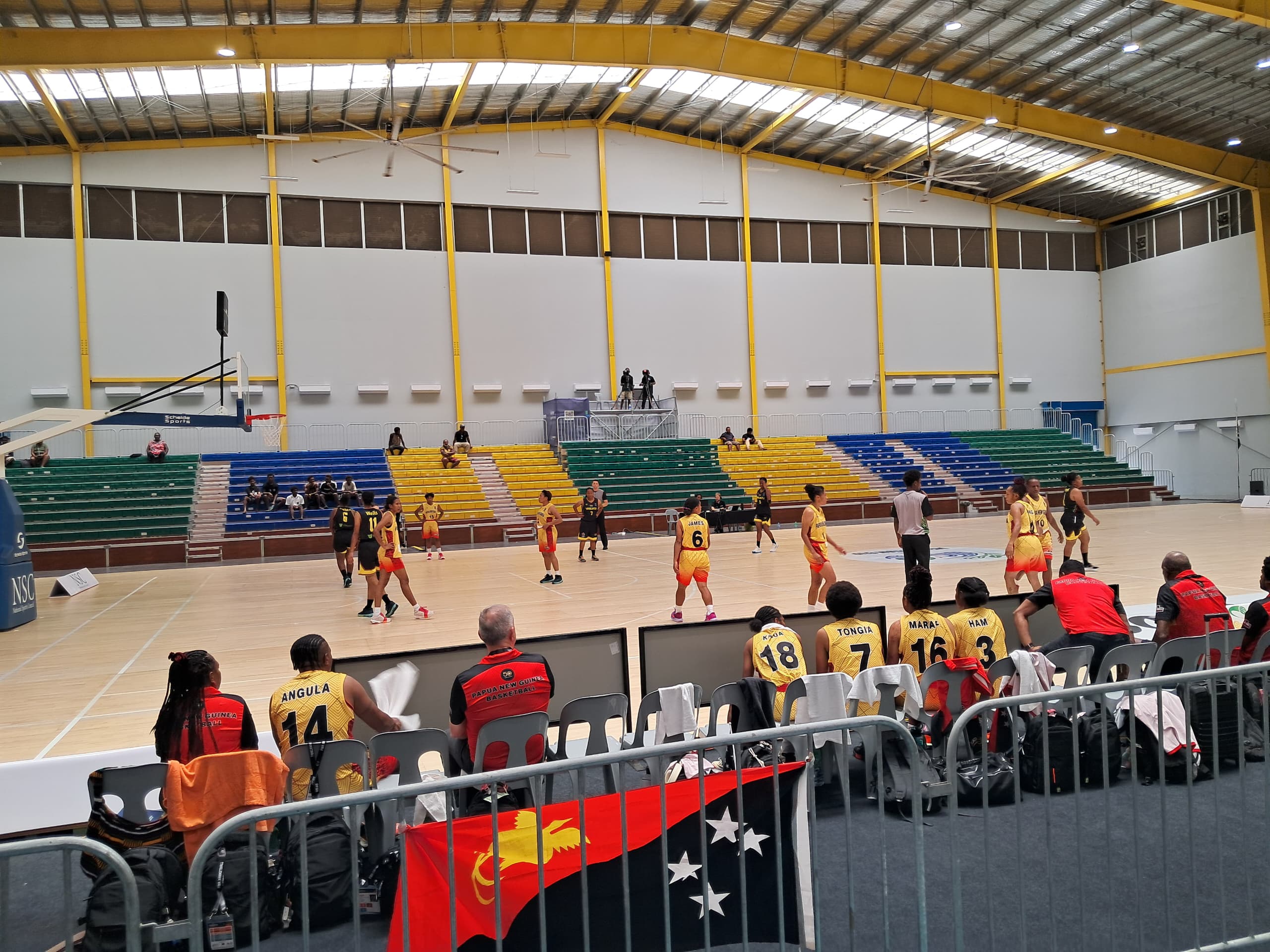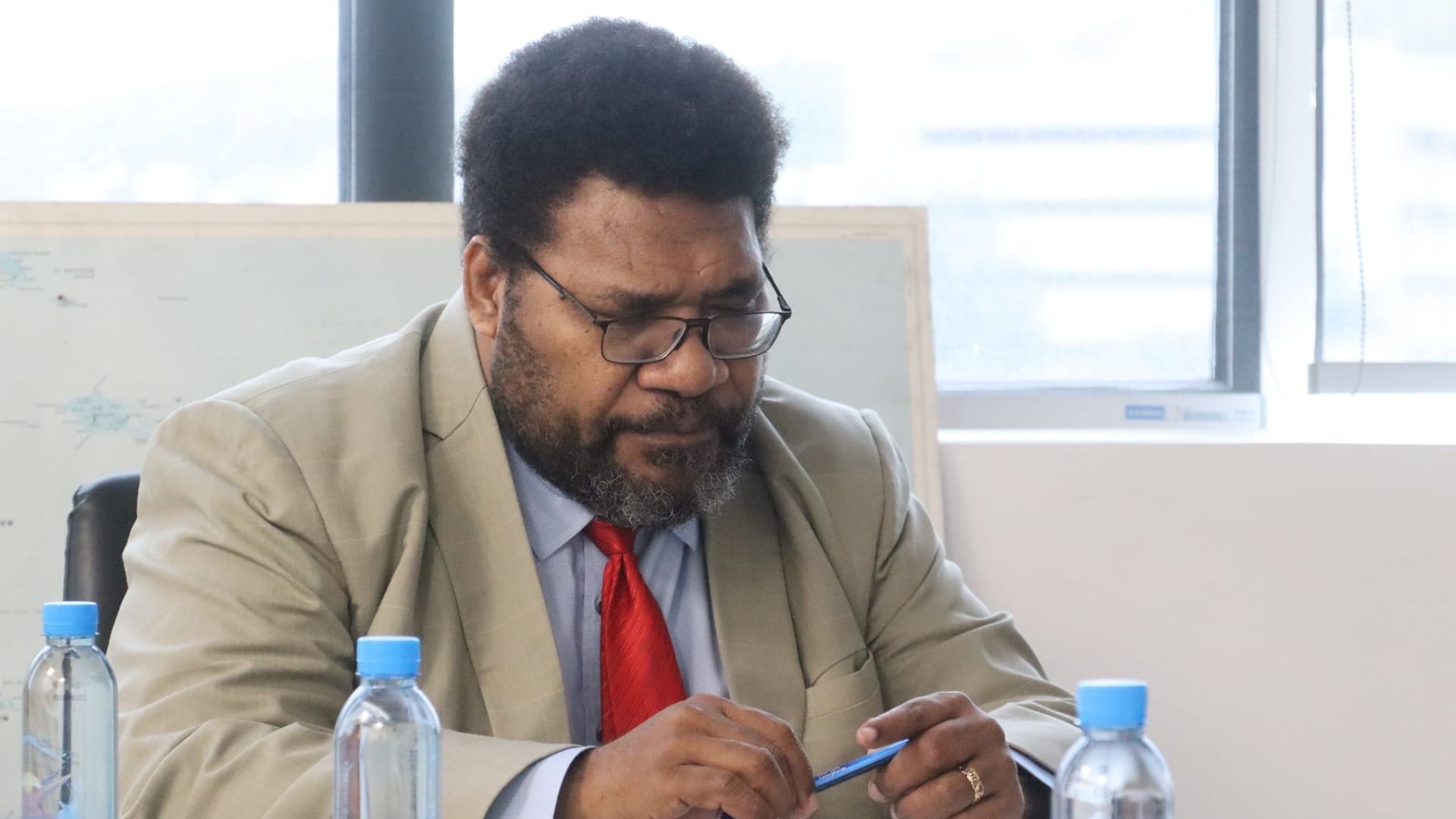All women have the right to healthcare, especially when they are due to deliver. Basic interventions to prevent infection are helping save lives at Papua New Guinea’s largest public hospital.
Through the corridors of Port Moresby General Hospital, hardworking midwives are committed to reducing infection as they prepare for another day bringing our newest Papua New Guineans into the world.
WHO estimates neonatal infections result in over 550,000 deaths every year, globally. Almost all are entirely preventable with basic interventions. With the delivery of 40 maternal health kits to Port Moresby General Hospital, midwives report the rate of neonatal deaths has decreased up to 80%.
“From experiencing an average of 60 neonatal deaths per month in 2021, in July we saw a significant drop to 17 deaths!” shared Midwifery Society President Sr Mary Sitaing. “In the month of September, we had only 7 neonatal deaths.”
“This is more than 80% decrease,” said Sr Mary. “Thanks to the maternity kits that were provided, we were able to ensure safe deliveries.”
The kits contain 40 pieces of obstetric equipment, including scissors and trays. According to Sr. Mary, the 40 midwifery kits given to the Maternity Ward were further divided into 160 bundles, 80 for deliveries and 80 for sutures.
“The 80 delivery sets include scissors, a sponge holder, a hemostat (clamp), and the delivery trays. Included in the 80 sutures sets are the dissecting forceps and the suture trays,” said Sr Mary. “A woman coming into delivery has one clean bundle to herself which means safe deliveries, with practically nil chances of neonatal sepsis and death.”
“Proper infection prevention during the entire process from delivery of the baby to the proper stitching of the mother, is equally important to minimize infections and we were able to achieve this with our clean bundles from UNFPA.”
Sr. Roselyn Tunijo who has been a midwife for almost 40 years, rejoined the midwifery team at Port Moresby General after being away since 2011. She expressed her sheer delight in the fact that, unlike when she left, individual mothers delivering had a delivery tray to themselves, thanks to the midwifery kits.
“We used to share delivery trays between mothers which greatly increased the risk of cross-infection,” she shared. “The last time the hospital received new delivery trays and important birthing tools was almost 14 years ago.”
“Thanks to UNFPA we do not have this dilemma anymore. I came back to the Labour Ward after a time away and I now enjoy delivering babies knowing that we have the adequate tools to ensure best practice.”
Sr. Mary Sitaing explained that these tools are standard pieces of equipment that should be given to the Labour Ward by the hospital annually.
“While we thank UNFPA for stepping in, the hospital must put more emphasis on our women, and take into consideration delivery kits such as this and delivery beds as well,” she said.
“The same way funds and attention are put into public health, the same must be done for maternal health and the Labour ward.”
“We thank UNFPA for this support which will last us for years to come.”
The team also received one stethoscope for each midwife and 400 thermometers. The team gave 40 thermometers to the Madang Provincial Health Authority.
UNFPA works to deliver a world with zero preventable maternal deaths. With the provision of these kits, and with support to strengthen supply chain management for essential medicines and equipment, UNFPA continues to support midwives and other workers in achieving this mission.




